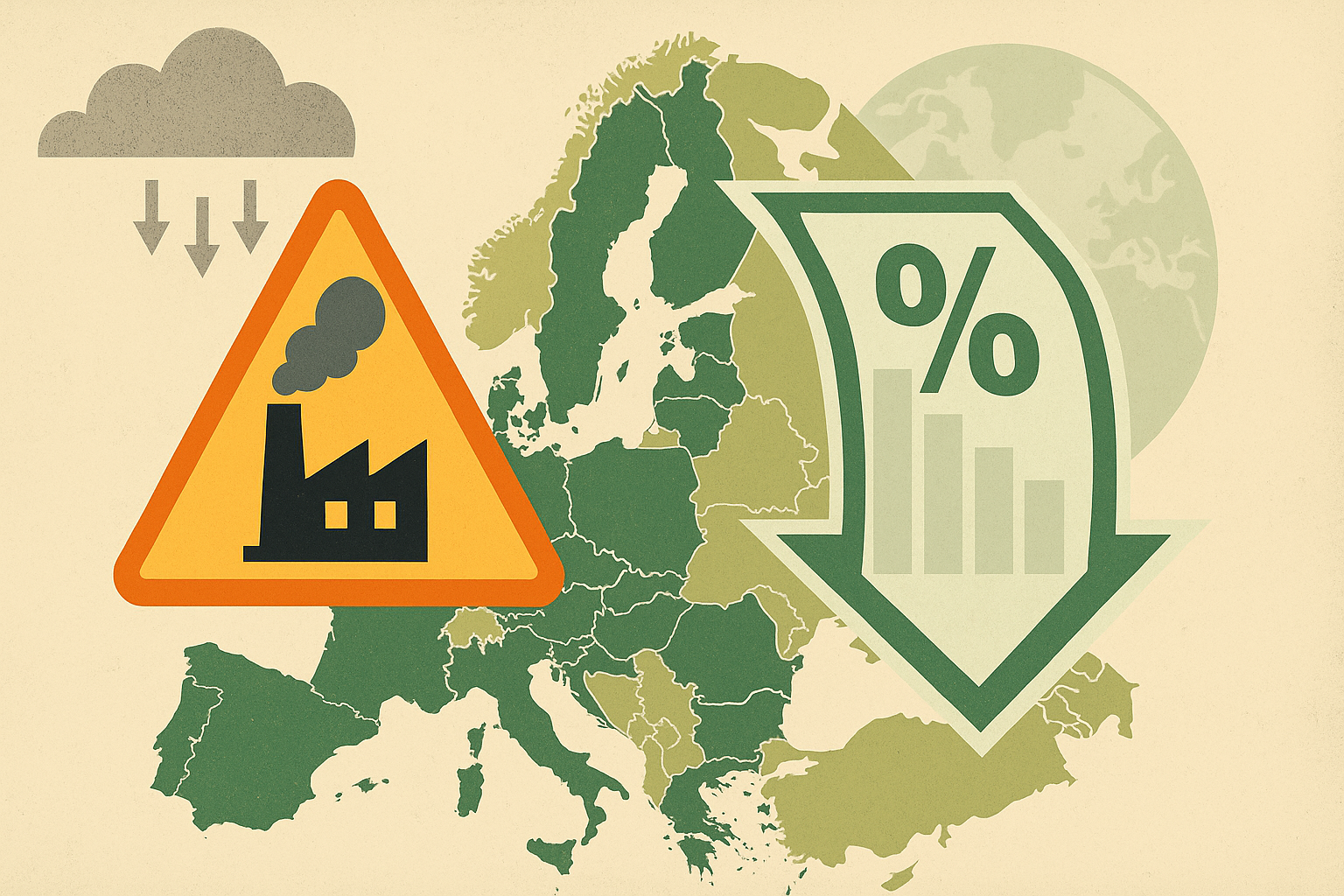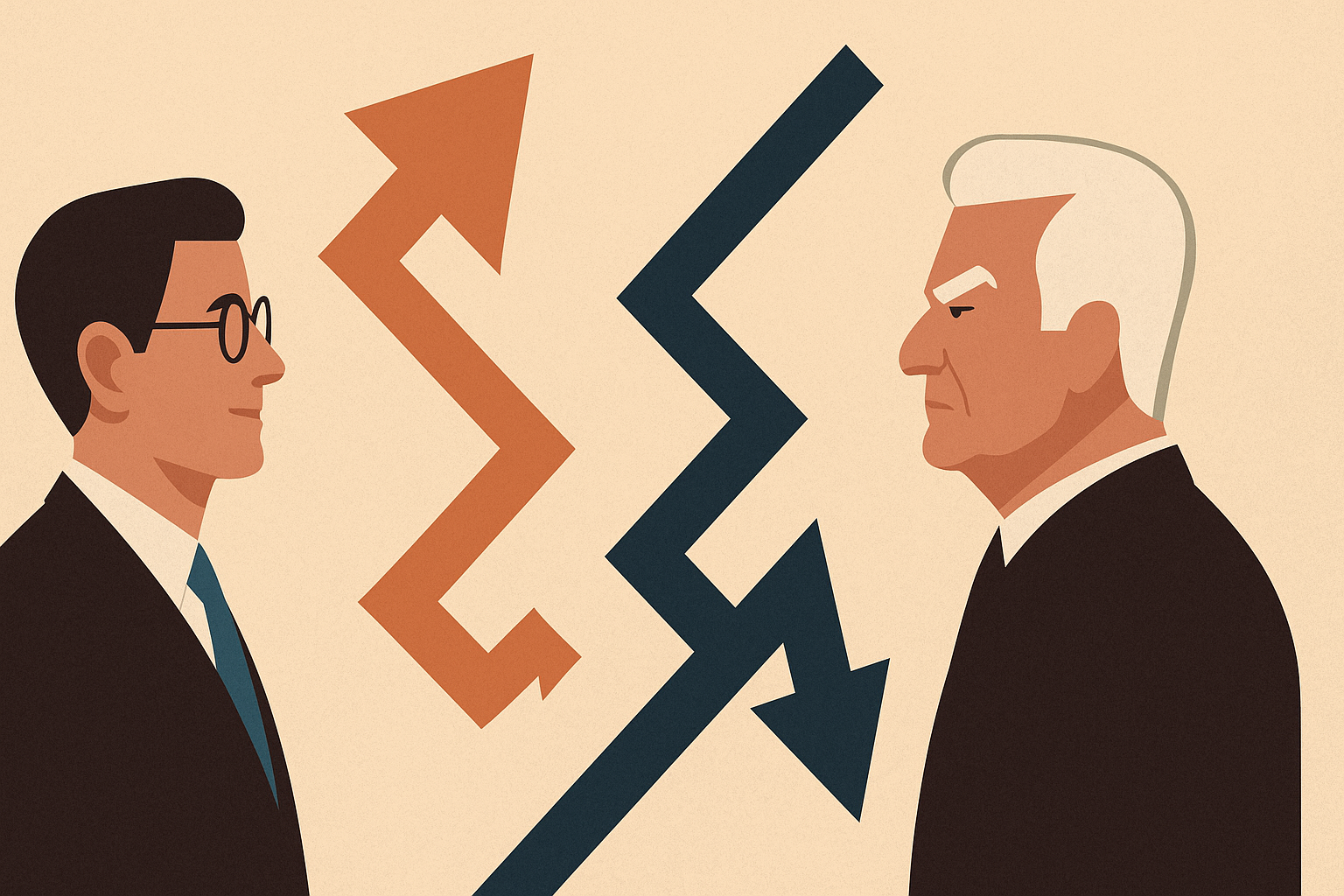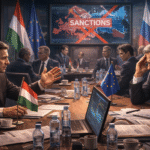Populism in Europe is no longer confined to the far right. Across the continent, political movements at both extremes of the spectrum are gaining strength by promising simple solutions to complex problems — a unifying theme in an age of disillusionment with traditional politics.
A Shared Narrative of Betrayal
In Germany, the rise of the far-right Alternative für Deutschland (AfD) has been mirrored by growing support for the far-left Die Linke, heirs of East Germany’s communists. In France, Marine Le Pen’s nationalist Rassemblement National and Jean-Luc Mélenchon’s radical left movement both claim to speak for those betrayed by elites and globalisation. Both promise to “reclaim” economic sovereignty, viewing the European Union with suspicion and global trade as a threat.
This overlap extends to their worldview: nationalist rhetoric, disdain for “foreign interests,” and distrust of multilateral institutions like NATO. In the UK, Nigel Farage’s Reform Party mixes free-market language with calls for national control over utilities — railing against big corporations while demanding state intervention.
Ireland’s Populist Moment
Catherine Connolly’s recent victory in Ireland’s presidential election encapsulates this trend. Running as an independent backed by the populist left-wing Sinn Féin, Connolly built a broad coalition spanning progressive and radical factions. Her campaign thrived on authenticity — soft-spoken yet defiant — and tapped into public frustration over housing, healthcare, and inequality.
Like Jeremy Corbyn in Britain, Connolly argued that Ireland’s crises could be solved through political will alone. Affordable housing, better healthcare, and stronger welfare programs were presented as straightforward policy choices, achievable by redirecting spending from defence to social programs.
A Pacifist in a Changing World
Connolly’s pacifist stance struck a chord in a country where neutrality is woven into national identity. Since independence in 1922, Ireland has avoided military alliances, including NATO, and keeps defence spending under 1% of GDP. Connolly pushed that tradition further, asserting that “Ireland does not need an army” and calling for limits on troop deployments abroad through a “triple lock” requiring UN, government, and parliamentary approval.
Yet critics say this worldview ignores new realities. Russia’s invasion of Ukraine, increased surveillance off Ireland’s coasts, and the fragility of global infrastructure have made Europe’s security landscape more perilous. Ireland’s reliance on others — notably the EU, the UK, and the US — for protection may soon be untenable.
The Politics of Simplification
Connolly’s victory highlights a core paradox of modern populism. On the right, migrants and multiculturalism are cast as scapegoats; on the left, blame is laid on corporations and the “military-industrial complex.” Both camps simplify global complexity into narratives of oppression and moral clarity.
Her success also underscores a broader European truth: populists flourish when mainstream governments fail to deliver. Though the Irish presidency carries limited executive power, Connolly’s election signals growing impatience with centrist politics — and a widening appetite for leaders who offer conviction, authenticity, and easy answers in turbulent times.








